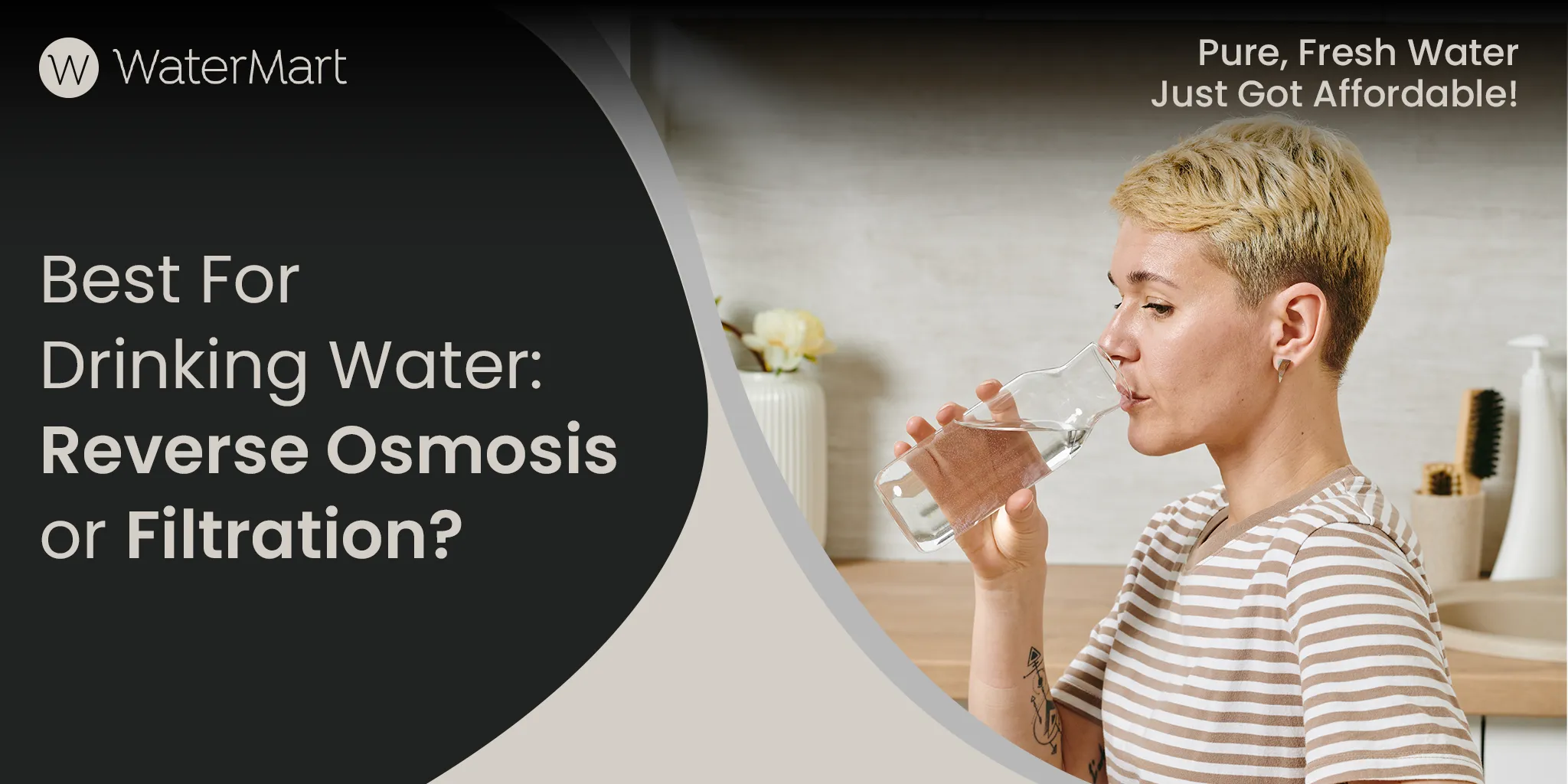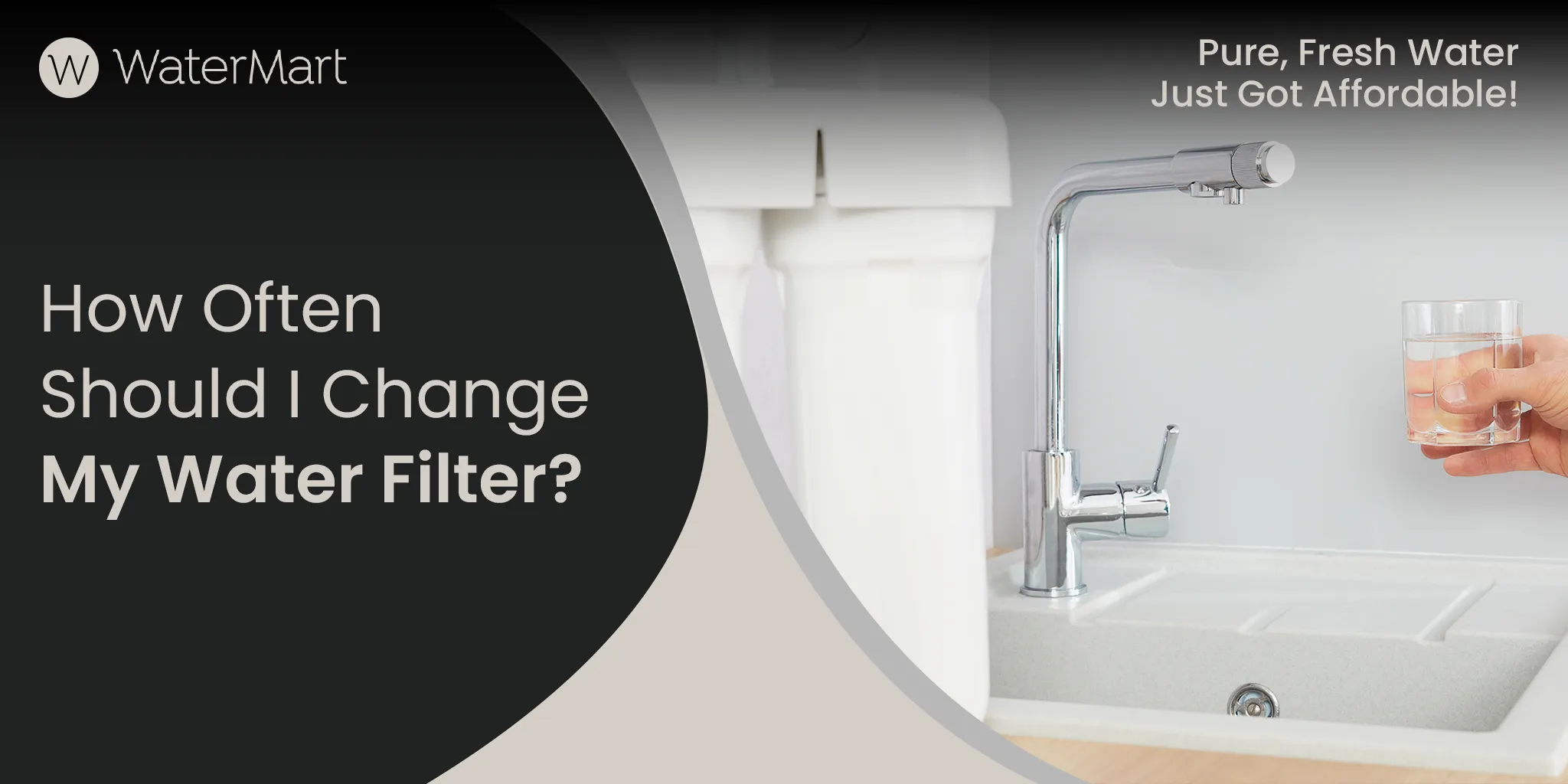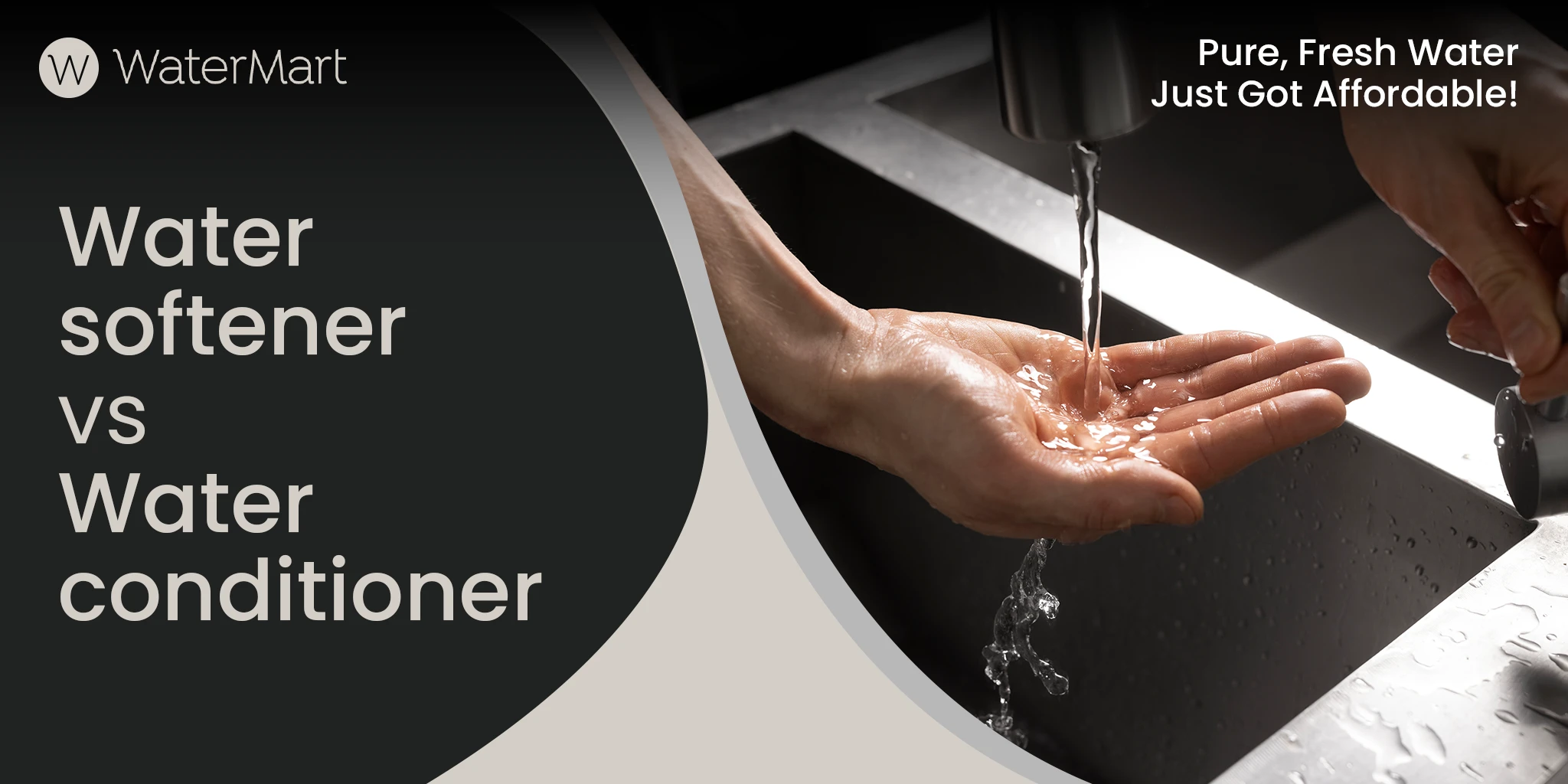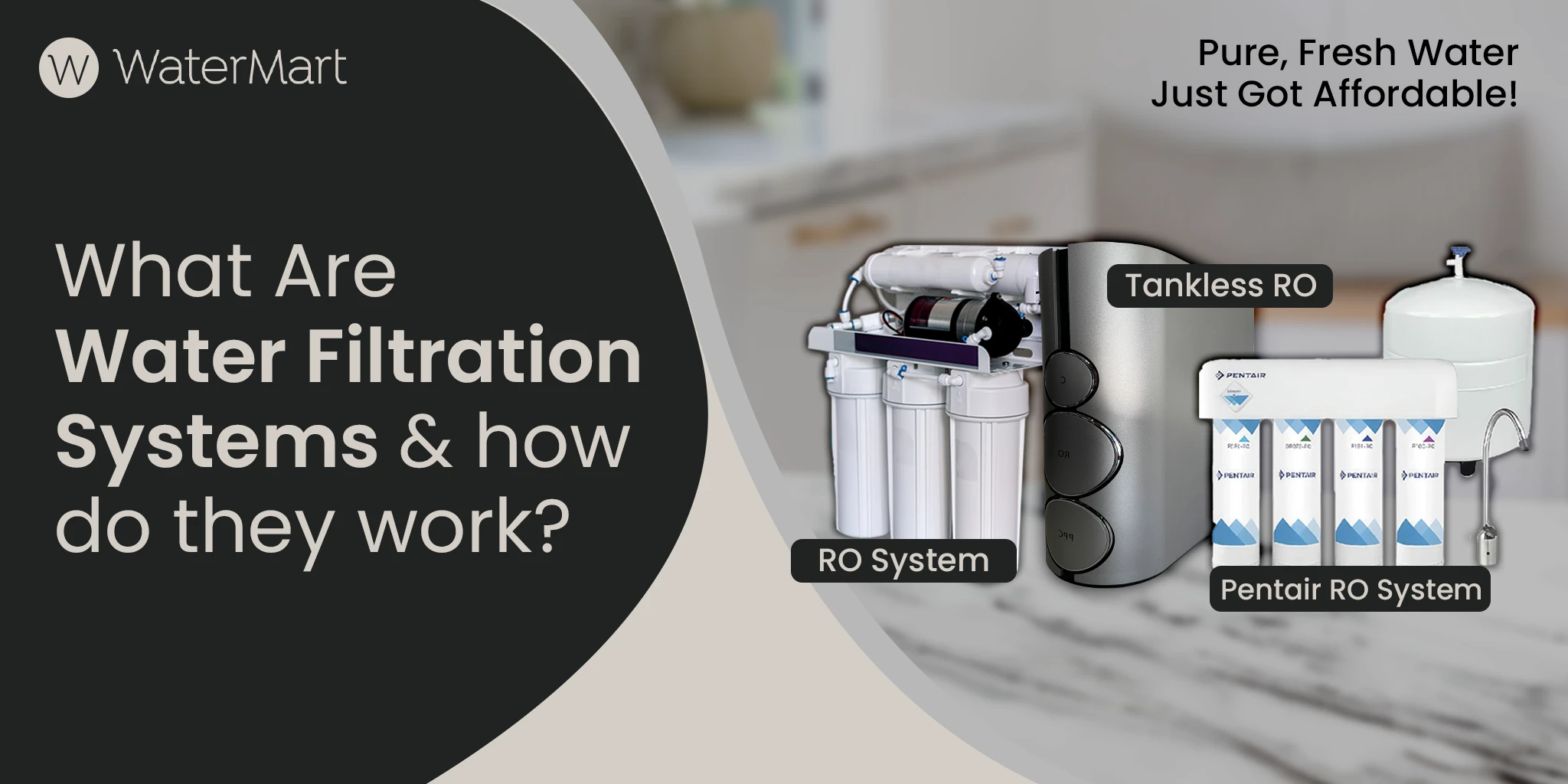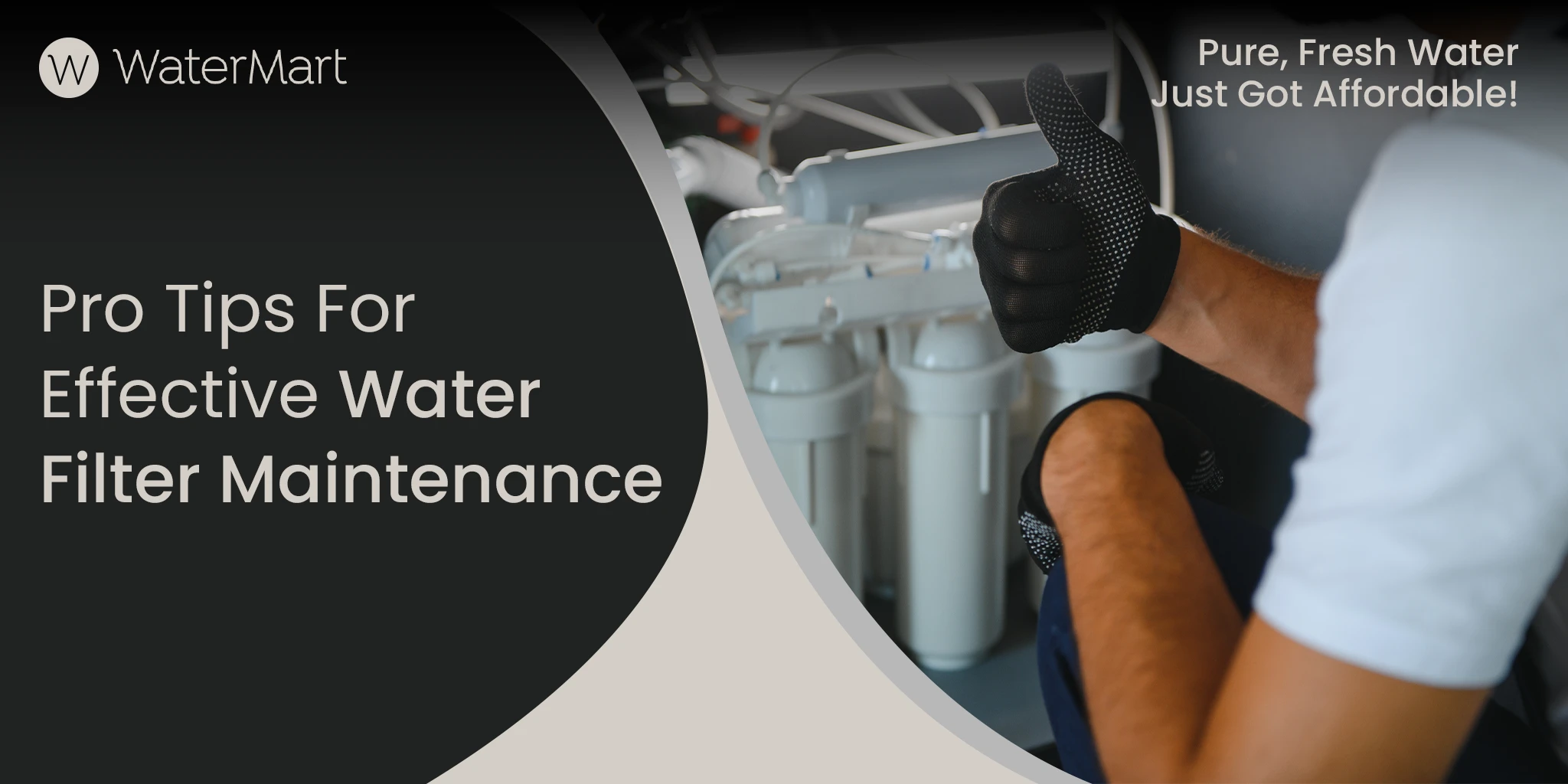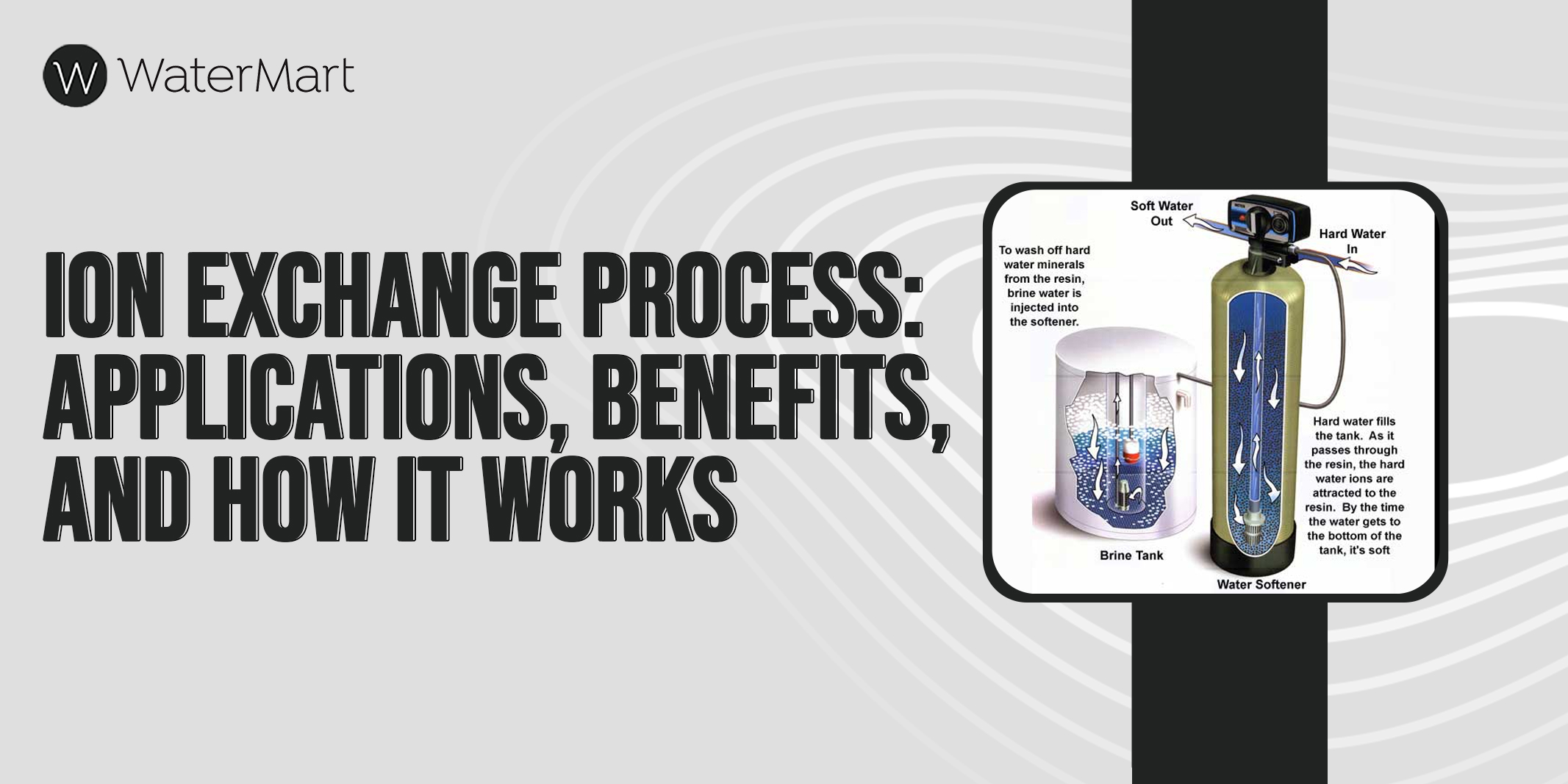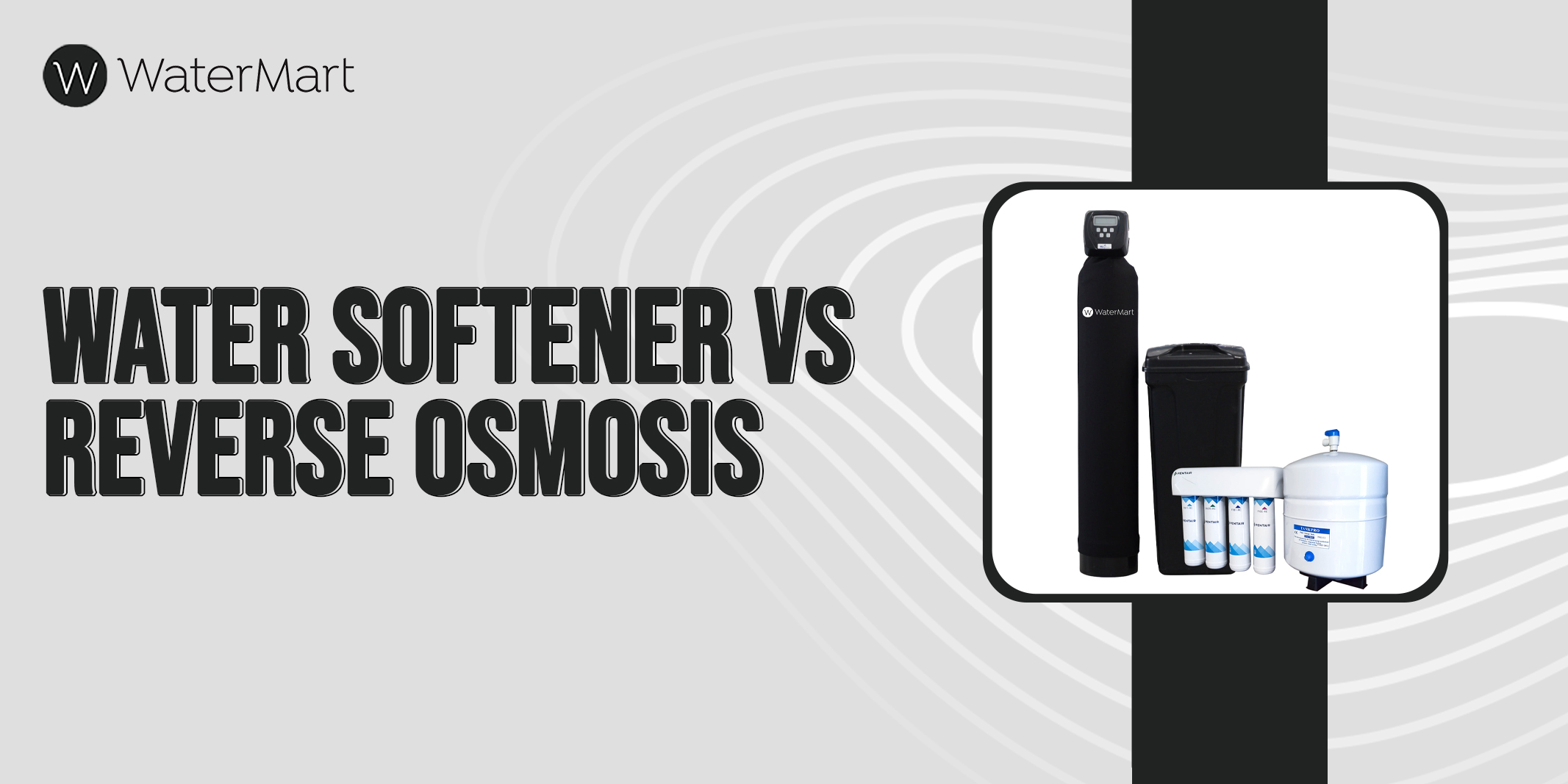Your cart is currently empty!
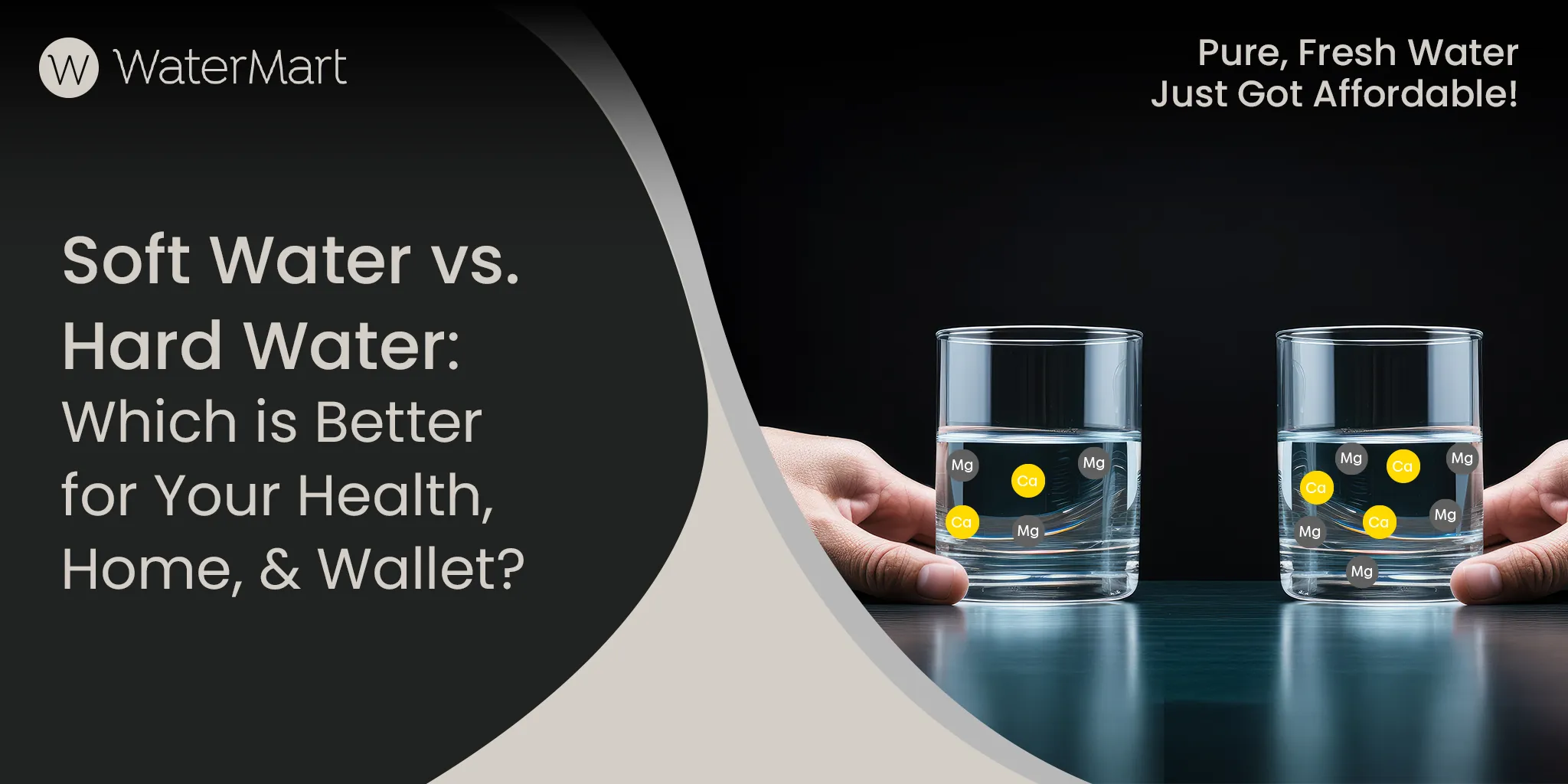
Soft Water vs. Hard Water: Which is Better for Your Health, Home, and Wallet?
According to Health Canada’s yearly report, provinces such as Ontario (320 mg/L) and Saskatchewan (532 mg/L) have some of the hardest water levels in the country. Since anything above 200 mg/L is considered unsuitable for home use, these levels raise serious concerns for daily cleaning, bathing, and appliance use. Not turning it into soft water…
